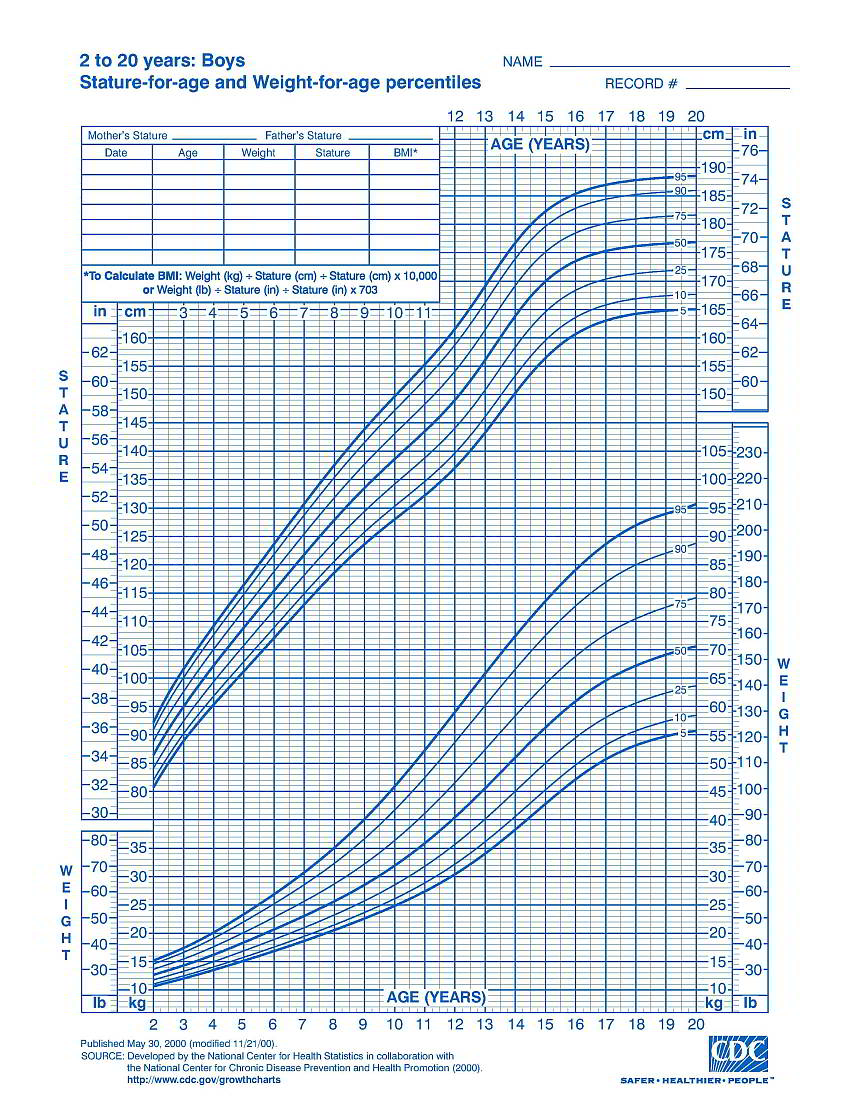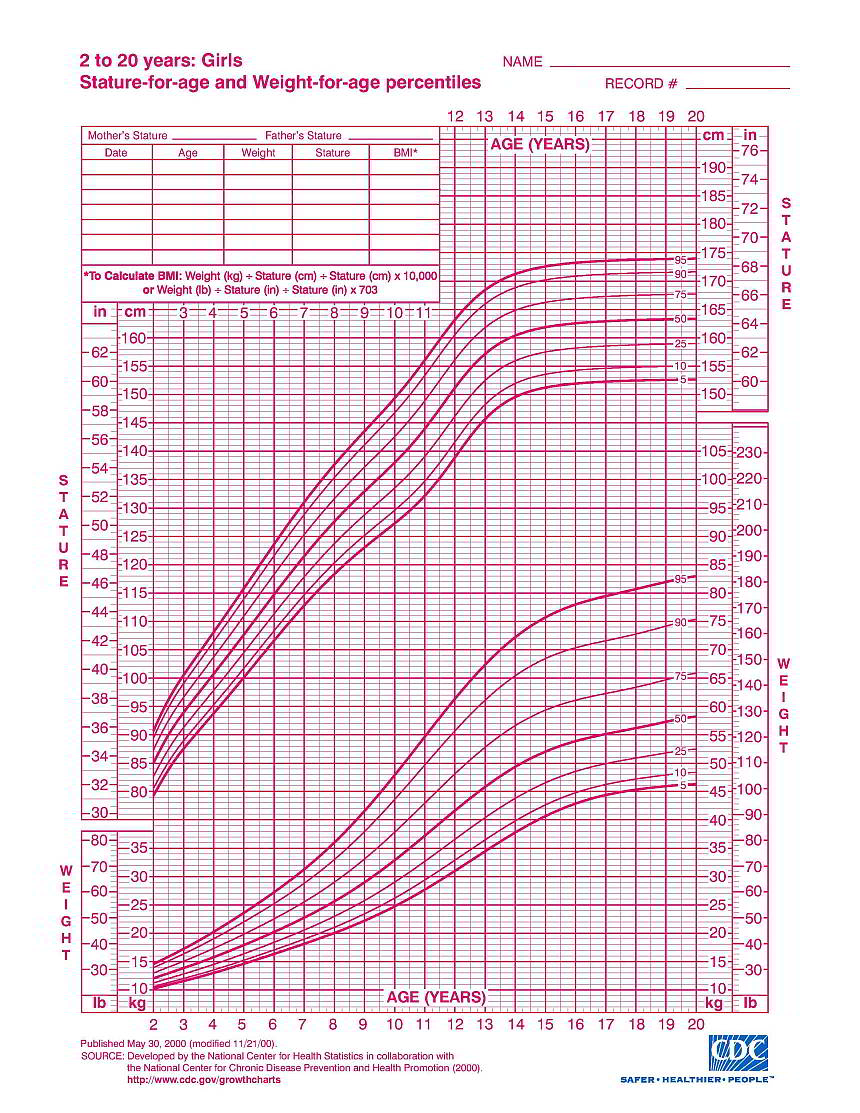Baby Growth Chart & Calculator

Keeping track of your baby’s growth is an exciting and essential part of new parents ensuring their baby’s well-being. The baby growth chart calculator is a user-friendly tool designed to simplify the process of monitoring your little one’s development.
It provides a straightforward way to understand and visualize your baby’s growth patterns by the World Health Organization (WHO).
From weight and height to head circumference, the baby growth chart calculator empowers you to effortlessly track your baby’s progress, making it easier to identify any potential concerns in their growth.
What is a baby growth chart calculator and what does it calculate?
A baby growth chart calculator is a handy tool that helps parents and caregivers keep tabs on a baby’s development by quantifying key metrics. It typically measures three main aspects: weight, height (length), and head circumference.
These measurements are plotted on a growth chart, visually representing the baby’s growth trajectory. The trajectory growth is referred to as centile lines, meaning the percentage of babies that, on average, will grow at a specific rate.
Parents can quickly assess if their baby’s development is within the expected range by comparing the data points to standardized growth curves. It simplifies the complex task of monitoring a baby’s growth. It provides an accessible way for parents to ensure their baby is thriving and reaching critical developmental milestones.
What are the units in a baby growth chart calculator?
The commonly used units to monitor development are the baby’s weight, height, and head circumference.
The height unit used in the calculator is centimeters. A centimeter is a metric system unit of height equal to 0.01 meters.
The unit of weight used in the calculator is kilograms. A kilogram is a unit of weight, approximately equivalent to 2.205lb and 1000 cubic centimeters (cm) of water.
The measurement of the head circumference of the baby is in centimeters, equal to 0.01 meters.
Infant Growth Calculator
How well is your infant growing? Parents often wonder if their children are overweight, underweight or just right in height.
Use the following calculator to find out your baby’s ideal body weight an height range by selecting the appropriate month.
This calculator is meant for infants and toddlers below the age 3.
For boys and girls between the age 2 to 20, please see the growth charts below the growth calculator.
Chart Your Kids Growth!
You can plot your boy or girl child's growth in the growth charts for children given below. Click on the growth charts below to see the printable large versions of these growth charts.
Growth Chart for Boys
Growth Chart for Girls
You can save and print these growth charts to plot your child's growth or you can use the kids and infants growth calcularor above.
How do you use a baby growth chart calculator?
For a simple explanation, use the baby growth chart calculator to measure your baby’s weight, height, and head circumference. Use the suitable units and the baby’s age, and input the measurements into the chart calculator.
The chart will typically show your baby’s position relative to the average growth of other babies of the same age in percentile. Higher percentiles mean your baby’s measurements are more extensive than most; lower percentiles mean smaller measures.
Discuss the results of your baby’s growth chart with the pediatrician to get insight into the outcomes and address any concerns of potential health problems. Use the chart regularly to track your baby’s growth and notice any issues early.
Remember that the baby growth chart calculator is one of many baby assessment tools for growth. Always consult a pediatrician for personalized advice and to address any specific concerns about your baby’s development.
Values of the baby growth chart calculator
The baby growth chart calculator is a valuable tool that uses the World Health Organization (WHO) charts to interpret information such as a child’s birthday, gender, height, weight, and head circumference. These charts visually represent how a child’s physical growth compares to others of the same age.
It is essential to consider numerical measures and developmental milestones when assessing a child’s growth. Consistent and steady growth, as indicated by a baby weight chart calculator, is a good sign of proper nutrition.
The curved lines on the charts, called centile lines, indicate the normal range of growth, showing what percentage of babies typically grow at a specific rate.
Remember, every baby grows uniquely, so avoid comparing your baby’s chart to others. It serves various purposes, such as reassuring parents about expected growth, identifying feeding issues, and alerting them to potential health concerns.
However, it’s essential to understand that these charts are not tests with pass or fail criteria, and there’s no specific percentile a baby must reach to be healthy.
Health implications
A baby’s growth monitoring often indicates growth and development of the baby. Deviations from the normal range can have health implications.
Normal:
A baby experiencing average growth indicates good health and development. It is essential to consider a child’s growth patterns, and regular check-ups with a pediatrician can help ensure that the child is progressing appropriately.
Slow Growth:
- Slow growth may suggest that the baby is not getting enough nutrients for proper development. Ensuring a balanced and nutritious diet is crucial.
- It could impact the baby’s ability to fight off infections.
- This may prompt healthcare providers to monitor the baby’s health closely for any underlying development issues.
- Slower growth might affect the baby’s energy levels and activity.
Rapid Growth:
- Rapid growth may lead to an imbalance in nutrient needs. Ensuring a well-balanced diet is crucial to support the increased demands on the baby’s developing body.
- Fast growth may stress a baby’s developing joints and bones. Monitoring for proper alignment and addressing any concerns with a healthcare provider is essential.
- Rapid weight gain in infancy is linked with an increased risk of obesity later in life.
- Sudden rapid growth can impact heart and blood vessel health, including the heart’s ability to adapt to increased demands.
The baby growth chart calculator is a helpful tool for parents to track their baby’s growth compared to others of the same age. Remember, every baby is unique, and growth rates can vary.
Regularly using the chart and discussing the results with healthcare providers can offer valuable reassurance and guidance.
Ultimately, it is a tool designed to support parents in ensuring their baby is on a healthy and happy journey of growth and development.
References
https://www.blitzresults.com/en/growth-chart/
https://dictionary.cambridge.org/dictionary/english/centimeter
https://www.britannica.com/science/kilogram
https://srhr.org/fetalgrowthcalculator/#/
https://www.urmc.rochester.edu/encyclopedia/content.aspx?contenttypeid=90&contentid=p01956


